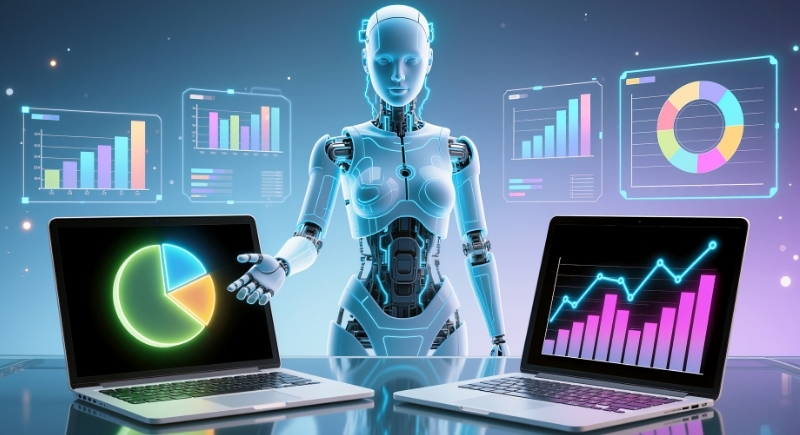Bill Gates Predicts AI Will Lead to a Drastically Shorter Workweek
Many workers start counting down to the weekend before the week is half over—but technology may eventually make that wish a reality.
Bill Gates recently said that artificial intelligence is advancing so rapidly that within the next decade, people may only need to work two days a week. The Microsoft co-founder’s prediction points to a potential shift in how society defines productivity, value, and the role of work in everyday life.
The Rise Of The Two-Day Workweek
During a conversation on The Tonight Show with Jimmy Fallon, Gates questioned what employment would look like once machines handled most of the responsibilities. He suggested that the purpose of life could shift away from constant labor and toward how people choose to spend their freed-up time. It’s an idea he’s echoed in past interviews, but this time, it sounds closer to becoming reality.
Gates predicts that AI will automate most industries by taking over production, logistics, and even food growth. He believes only a handful of things will remain truly human, such as playing sports or creative roles that rely on personal touch.
JPMorgan’s Jamie Dimon also expects AI to reduce traditional office hours to about three and a half days a week. Meanwhile, Tokyo’s government has already adopted a four-day work week for some public workers to address burnout and declining birth rates.
Trials in the United Kingdom and Germany have shown that companies operating four days a week didn’t lose productivity. In fact, performance coaching firm Exos, which employs more than 3,500 people, ran an internal trial of a four-day workweek. After cutting one workday, they found a 24 percent jump in efficiency and a 50 percent drop in burnout.
Shorter workweeks are becoming test cases for a future where balance matters more than constant grind. If AI can handle repetitive tasks, people could focus on creative, social, and family pursuits instead of living by the clock.
How AI Might Reshape Everyday Life
Gates pointed out that two of the most significant changes will happen in healthcare and education. With AI providing free, high-quality medical advice and tutoring, access to information could improve dramatically. This might reduce gaps in care and learning that have long depended on geography or income. He sees this as a net positive, though it does mean traditional roles in those sectors will change significantly.
Elon Musk has even suggested that universal high or guaranteed income could become necessary in a world where jobs are optional. Gates hasn’t gone that far, but he agrees that economies will need new models once human labor stops centralizing production.
Adapting To An AI-Driven Workforce

Image via Canva/Bilobaba Vladimir
While AI may free people from routine work, it also demands a new kind of literacy. LinkedIn data already lists AI literacy as the fastest-growing skill of 2025. This means workers who learn to use, guide, and collaborate with AI will be in the best position to thrive. Gates believes adaptation will define success more than resistance.
If his forecast holds, the next decade could redefine the meaning of a “career.” Instead of working endlessly to make a living, people might spend most of their week pursuing interests, volunteering, or starting ventures fueled by creativity rather than necessity.
The real challenge, as Gates hinted, will be figuring out what to do with all that free time.